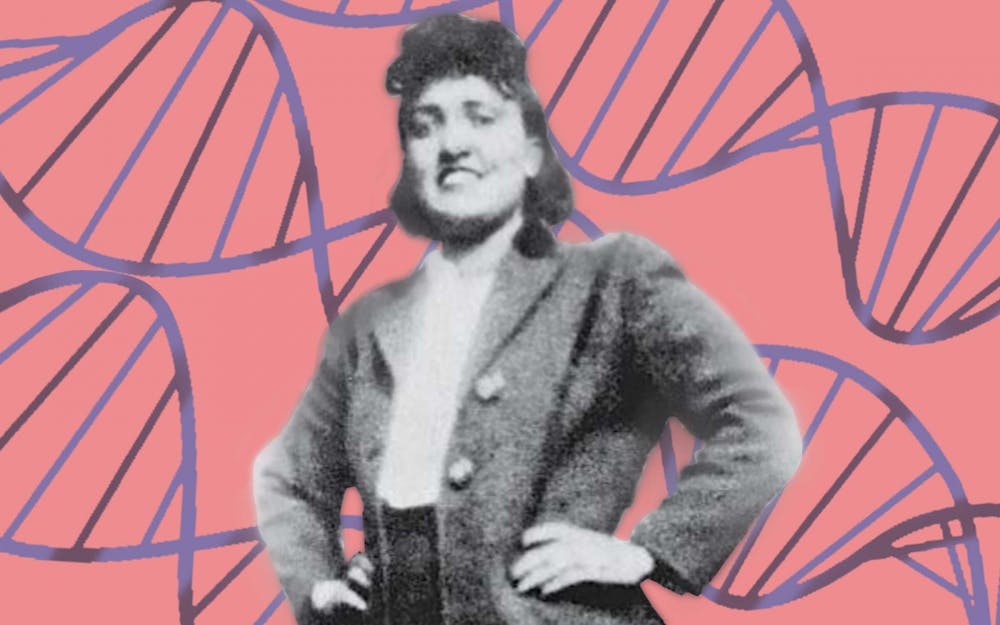Henrietta Lacks is a name every citizen of the United States should know. Her story is the reason why medical advances have been made over the past 70 years.
Lacks was born in 1920 and only lived until 31 years old after her battle with cervical cancer.
Throughout the medical industry's history, many people have been experimented on. Black people, in particular, have undergone gruesome experiences with experimentation and research studies.
Unfortunately, Lacks was one of the many individuals who fell victim to the cruelty of the health care industry.
During her battle with cervical cancer, Lacks received radiation treatment since doctors at the time believed this was the best way to cure cancer. In the novel, “The Immortal Life of Henrietta Lacks”, Rebecca Skloot provided detailed information on how Lacks felt she was burning from the inside while receiving care.
Johns Hopkins University Hospital doctors took a sample of Lacks’s cells prior to her death and noticed hers stayed alive, unlike most people’s cells. Lacks’ cells staying alive meant her cancer cells could be researched and medicine could advance significantly, all thanks to a Black woman.
Lacks’ cells are referred to as HeLa cells and have been sold and reproduced. One scientist said they could weigh over 50 million metric tons with how much they have been reproduced.
The Lacks family said the hospital illegally took Lacks’ cells and is suing a biotech company, Thermo Fisher Scientific, for reparations and the ownership of the cells.
While the Johns Hopkins website said Henrietta Lacks unknowingly donated her cells to them, it should be made clear an unknown donation is actually stealing. Lacks’ cells were taken from her without her consent.
The narrative Johns Hopkins tells about what happened to Lacks within its care is what continues to happen to Black people in the healthcare system.
In order to cover up and suppress the truth, white-run organizations and facilities like Johns Hopkins University Hospital try to claim their innocence by covering up the entire truth.
What is even more striking is that Lacks’s family was not initially informed of her death nor was it given monetary compensation collected from her cells.
“Scientists today buy HeLa cells and cells with modifications for anywhere from $400 to thousands of dollars per vial,” the Wall Street Journal reported.
While the lines are blurred on who can receive monetary compensation for the usage of cells, morally the family should have received some form of compensation, especially given it was working-class individuals.
Nonetheless, Henrietta Lacks deserved better than what the health industry gave her and her family deserves justice for the industry’s immoral acts.
A Black woman changed the health industry for the better, but Black women still remain one of the most unprotected groups in the entire world.






